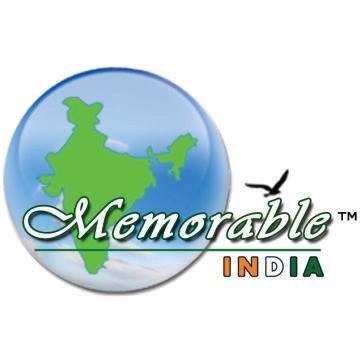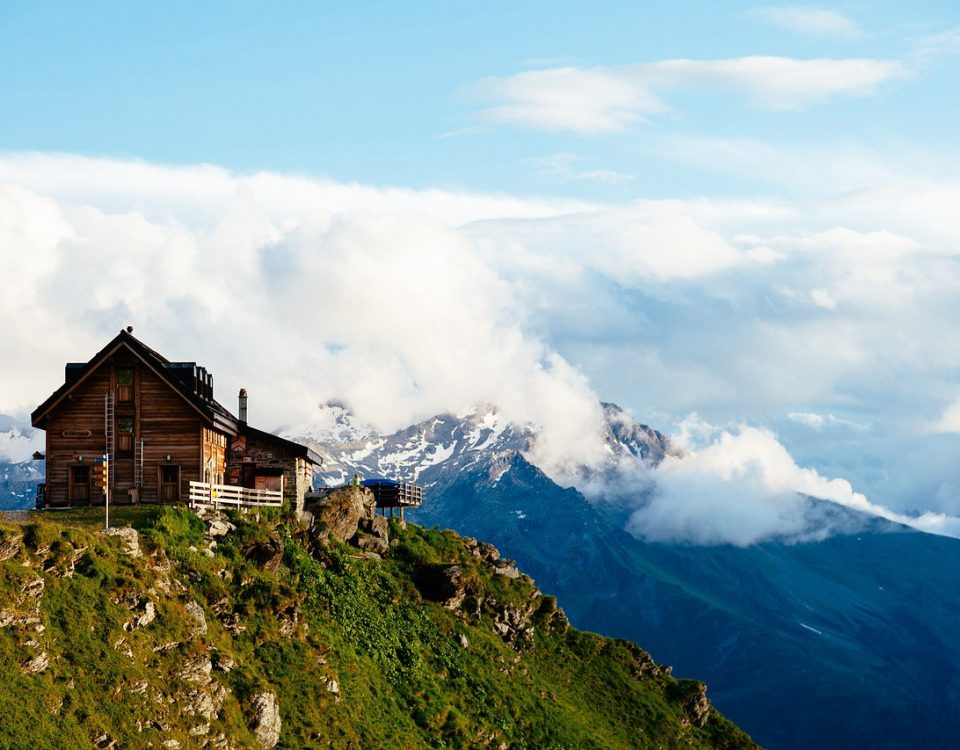Best Bhutan Travel guide
The picturesque country of Bhutan is laden with some of the most glorious scenic beauties which are complemented perfectly with some architectural marvels.
I had the great fortune of visiting Bhutan in the wonderful summer months. The moment I readied Bhutan, I was most captivated by the warmth and the hospitality that the locals exuded. From the airport staff to the can driver to my hotel manager, everybody welcomed me with a warm smile which genuinely radiated a kind of love and care.
My first stop in Bhutan was a small town of Phuentsholing. Phuentsholing is a small replica of what this whole country is all about. From clean locales, to smooth traffic system, orderly houses, and smiling locals. Everything was picture perfect and disciplined.
I was covering this little town within just a day.
The first place in Phuentsholing I headed to was the Karbandi Monastery, where one can witness one of the most splendid views of the Bengal Plains surrounding the little town of Phuentsholing. This monastery is very revered among the locals, and they often visit it to offer prayers regarding childbirth and fertility. After experiencing the divinity of this monastery, I made my way to another Buddhist Shrine. While this shrine is small the ambience inside it is very calming.
What really enticed me to this town was the amazing amount of shopping markets that surrounded me. There is some great market where you can shop for some clothes are a really cheap price.
Phuentsholing also has some electrifying cafes and singing bars which make for great nightlife.
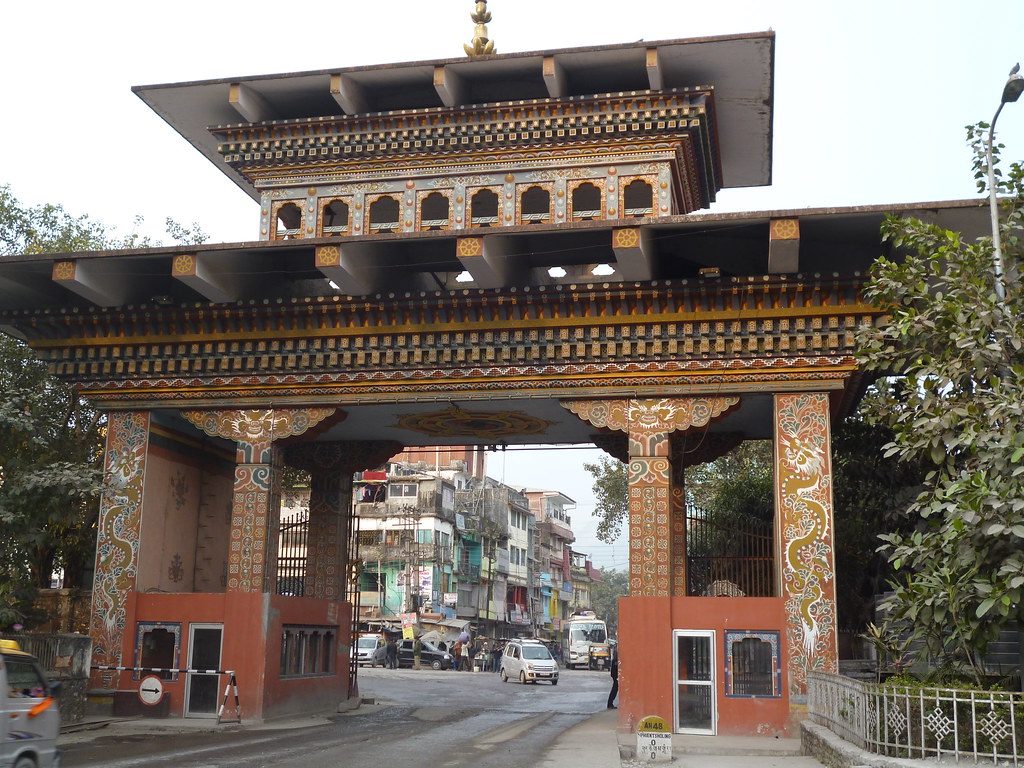
After my short day trip to Phuentsholing, I decided to spend some time in the capital of the country- Thimpu. Thimpu is a five hours drive from Phuentsholing. I had wrapped up my trip to Phuentsholing pretty quickly, so I had decided to head over to Thimpu on the very day. Thimpu was the place about which I was most excited about. Apart from being the capital, it also has a rich culture and history which truly reflects as to what Bhutan is as a country.
When I finally reached Thimpu, I was mesmerised to see a modern town in front of me, but eerily enough it still radiated an ancient old school vibe. In front of me lay large multi-storied buildings, which have now become a staple for all modern cities, but what really astonished me was the way they had kept their culture intact even through the high storied buildings. All of the buildings were done in traditional Bhutanese architectural style. It was Bhutan’s way of saying that we may have moved forward into the future, but we will surely never forget our roots.
There are few tourist attractions in Thimpu, but the main charm remains in just walking into a crowded market place, and soaking in all the local culture that it has to offer. I ended up interacting with many friendly locals, who helped me understand the country in a much better way.
The major attractions in Thimpu are – Memorial Chorten, Kuensel Phodrang (Buddha Point)
Trashichhoedzong/Tashichho Dzong and many museums that tell you more about the history of the country and the city of Thimpu. In the evening, just before heading out to enjoy the nightlife I treated myself to the majestic evening view of the city from Tashichho Dzong. The view was absolutely paradisiacal and surreal. I stood there for a long time staring at the wonders of nature.
What to Do in Thimphu?
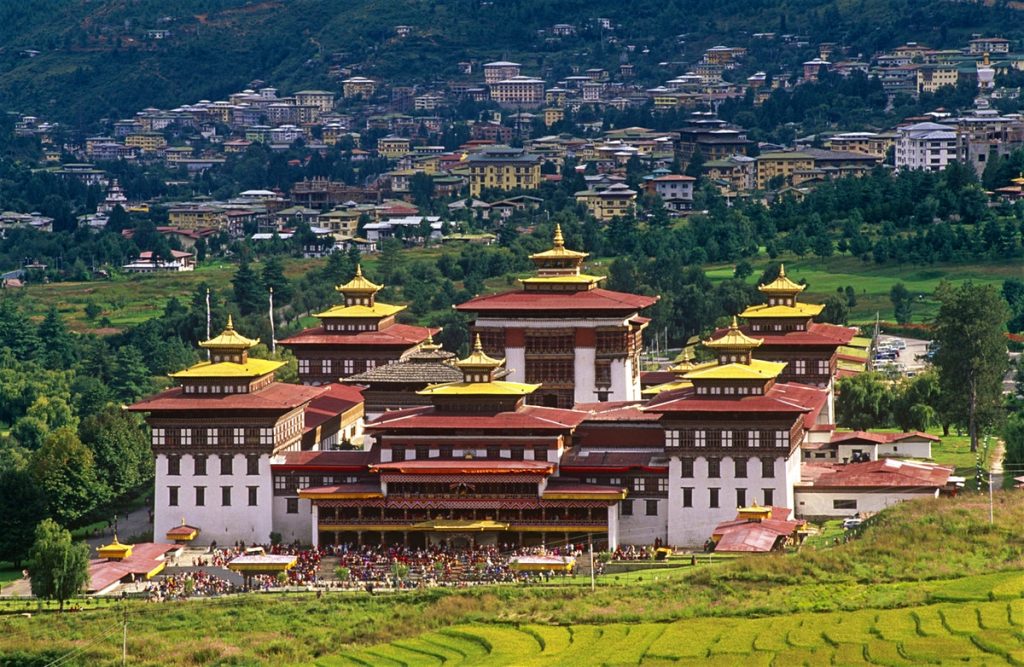
Thimpu is a really great place to enjoy the nightlife in Bhutan. After an exception day of sightseeing, I decided to venture out in the evening to relish the flavour of the night. There are many clubs and bars that are open till the wee hours and are extremely fun and happening. I decided to hop through and get the most of it. Some of the most amazing and exciting places that I visited are- Club Ace, Vivacity, Mojo Park, and Space 34.
Thimpu is also a wonderful place to shop some authentic and ethnic Bhutanese cultural souvenirs From Thangkas (scroll painting) to prayer wheels, yak hair bags, Mandala painting and many more. I was thorough enjoyed the locally brewed alcohol, Ara.
Punakha
After Thimpu, I headed over to the lovely level of Punakha, which is about 85 km from Thimpu. Punakha is popularly known for its Dzong to Fortress, which is located at the confluence of the two rivers of Bhutan- Mo and Pho.
My first stop here was directly at the gorgeous and elegant Dzong, which I learnt is extremely historically relevant. It was once the capital of Bhutan and is now the abode of the sacred relic Ranjung Karsapani. The dzong is now the administrative centre of the town of Punakha. When I first looked at this architectural beauty, it radiated the true values of Buddhism.
It seemed like the embodiment of the ideas of Buddhism and what it stands for. The interior is rich and decorated with grace and elegance. It is absolute beauty filled with traditional paintings and artworks, and other artefacts that reflect the rich and true culture of Bhutan
What to Do in Punakha?
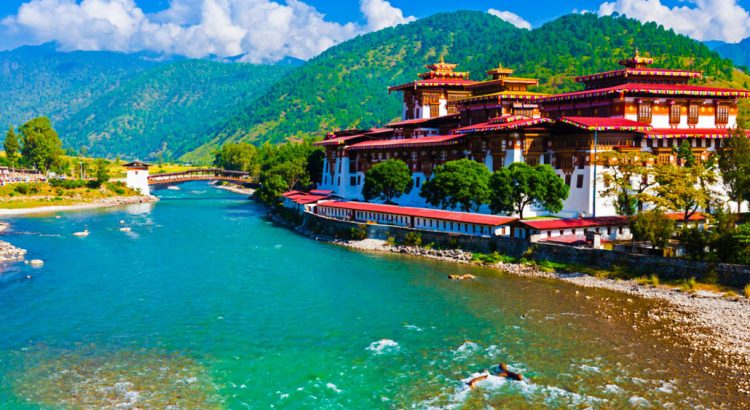
Once I was done visiting the dzong, I stepped out straight into the soothing sunlight. My next stop was the wonderful river in Punakha. The Po Chhu located in the Punakha valleys meanders relentlessly along a 16 km course. The force of this river makes it a great place for river rafting.
I decided to quietly stand at the banks of this river and observe the fierce currents. The roar of the water was reverberating throughout the valley, but it was my heart that found it the most enchanting and melodious sound.
Paro
Paro is a place which should be on everyone’s bucket list. This paradisiacal place has one of the most stupendous and spectacular views that I have ever witnessed.
The moment I reached here, my heart was filled with love as I saw a huge and wide valley that lay in front of me. The valley starts from the confluence of Paro and Wang Rivers at Chuzom up to Mt. Jomolhari at the Tibetan border to the North. Every part of my body was shivering after I saw the view, and my legs failed to move without marvelling at this scene for a couple of more minutes or even hours. This is the kind of place that you would want to settle in.
The main town is a small well planned and managed area with hotels, shops, houses and cafes, all in sync with each other. Nothing seemed out of the place, and every aspect of this town was in harmony with one another. Unlike Thimpu, everything works at its own pace here. Everything is laid back and relaxed. There are far fewer activities to do here, but you don’t need to, the charms this place will make you sit back and just admire it for ours.
You can go to different valleys and points here like- Rinpung Dzong, Ta Dzong, Drukgyel Dzong, Kyichu Lhakhang, farm House (traditional village house), Druk Choeding Temple, Dungts Lhakhang, Ugyen Pelri Palace
What to Do in Paro?
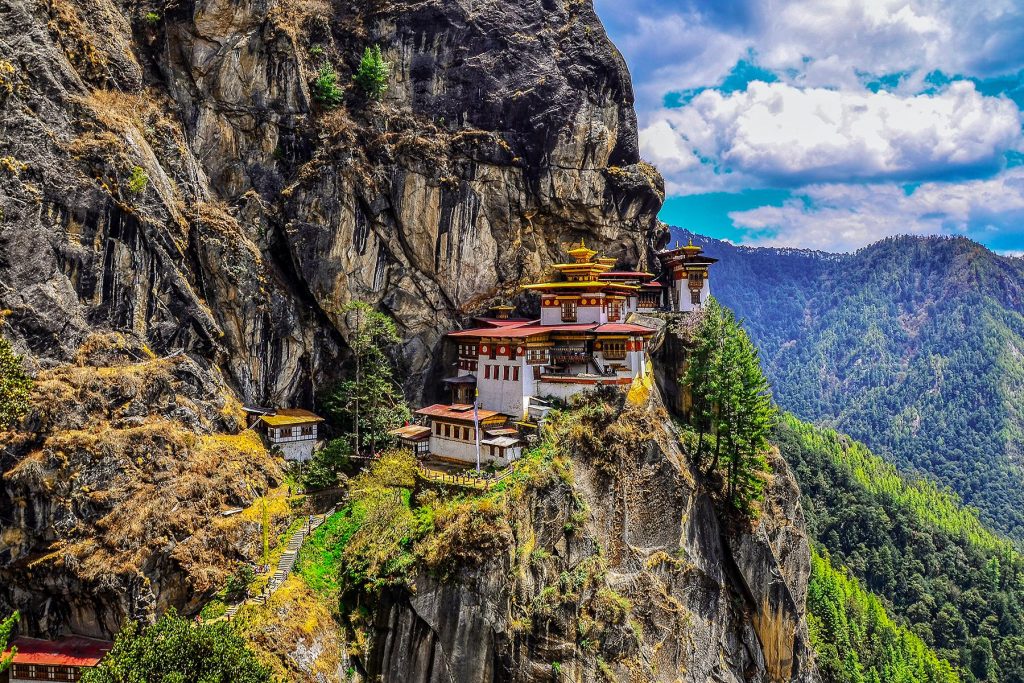
My first thought when I reached Paro was the raw scenic beauty that was spread over horizons. Everywhere there is a symphony of nature and everywhere you traverse you can feel the nature walking with you. It is also a good destination for adventure lovers, as there are many places to trek, raft, kayak or mountain biking. One of my personal favourites was watching the snow-covered
Jomolhari from the ruins of Drugyel, the view is breathtaking.
Hiking up Tiger’s Nest
Trekking up to the Tiger’s Nest is one of the top-rated activities to do in Paro, and in Bhutan in general. Tiger’s Nest is a very sacred spot for the Buddhists, as it is believed that Guru Rinpoche, arrived right at this spot on the back of a mighty tigress, all the way from Tibet to mediate in a cave for three years.
I obviously had to do it, since I had always heard mesmerising things about it. Tiger’s nest is essential a temple complex which is located precariously at the edge of the Tiger. The trek for me was extremely difficult, but the beautiful views of the surrounding nature lofted my spirits up. The entire trek is interrupted by religious sermons and monuments which are built on top of it. There is even a cafeteria at the halfway point of the trek.
The first view that I got from the monastery was spectacular and iconic. After that, I had to go through a small downward sloping bridge which was vibrantly covered in colourful prayer flags. The atmosphere was just brilliant. Every tourist and pilgrim were having a great time, and even after a rather hard trek, everyone was in the best of their spirits.
As I entered the breathtaking complex, I noticed that except for the four temples there were also places to stay for the monks to lived there. Everything seemed very pious and silent, and I enjoyed an exceedingly refreshing and calming time there.
